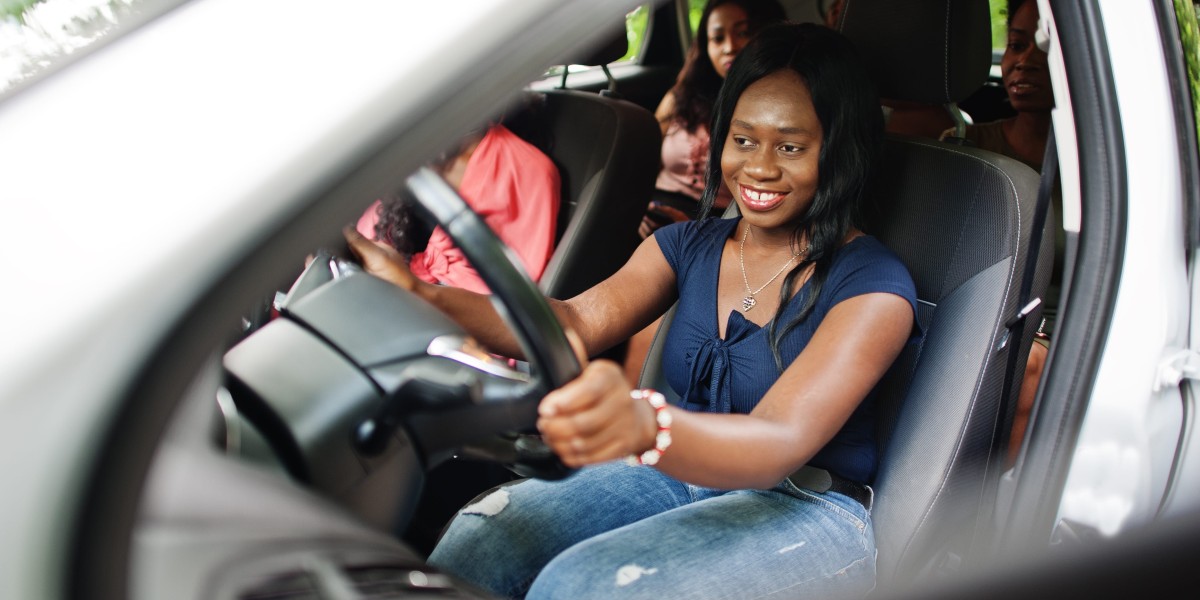Understanding the Process of Buying a Driver License: A Comprehensive Guide
In today's progressively mobile society, having a legitimate driver's license is often thought about a need. It offers individuals with the flexibility to navigate their environments, access task opportunities, and perform daily activities with ease. Nevertheless, the concept of getting a driver's license can be bogged down in confusion and disappointment, particularly for those not familiar with the conventional application routes. Despite some deceptive stories that recommend the option to merely "buy" a driver's license, understanding the legal paths and the implications of such decisions is crucial for anyone looking for to hit the road lawfully.
The Importance of a Valid Driver's License
A driver's license serves several important functions:
Legal Identification: It acts as a government-issued identification file, accepted broadly for various purposes, consisting of voting and financial transactions.
Evidence of Driving Competence: The license shows that the holder has passed the essential driving tests, demonstrating their ability to operate an automobile safely.
Insurance Requirement: Most states require drivers to possess a valid driver's license to protect auto insurance coverage, which is necessary for road use.
Traffic Laws Compliance: A driver's license reassures law enforcement that individuals have actually gone through the essential training to comprehend and abide by traffic laws.
Legal Pathways to Acquiring a Driver's License
In pursuit of driving opportunities, there are genuine procedures one can follow to get a driver's license:
1. Student's Permit:
- This is often the initial step for new drivers. A learner's permit allows individuals to practice driving with a certified adult present.
- To obtain a learner's authorization, applicants usually need to:
- Be of a specific age (typically 15 or 16).
- Pass a composed knowledge test.
- Provide essential paperwork, such as proof of identity and residency.
2. Driver Education:
- Enrolling in a driver education course can supply vital understanding about road rules, security protocols, and vehicle operation.
- Completion of this course might be a prerequisite for getting a complete driver's license in the majority of jurisdictions.
3. Road Test:
- After maintaining the learner's permit for a specified duration and logging the required uk driving License provider practice hours, individuals can arrange a roadway test.
- Passing this test is essential for receiving a complete, unlimited driver's license.
4. Paperwork:
- Applicants will normally require to provide:
- Identification documents (like a birth certificate or passport).
- Evidence of home.
- Social Security number.
- Any previous driving records, if relevant.
5. Fees:
- There are typically fees related to the application process, which might vary by state.
The Risks of Buying a Driver License
While the concept of buying a driver's license may at first appear attractive, it is accompanied by significant threats and prospective effects:
Legal Ramifications: Purchasing a driver's license beyond the recognized legal channels is prohibited. People caught in this act might deal with severe penalties, consisting of fines or jail time.
Identity Theft Risks: Many deceitful deals on the internet include identity theft, where people may inadvertently expose their individual info.
Insurance Issues: Without a legitimate driver's license, getting vehicle insurance can be impossible. Driving without insurance coverage can lead to large fines and liability for mishaps.
Increased Risk of Accidents: Without the requisite training and screening associated with getting a legitimate license, untrained drivers position a threat to themselves and others on the roadway.
Frequently asked questions About Acquiring a Driver License
1. Can I drive without a driver's license?
No, driving without a legitimate driver's license is unlawful in many jurisdictions. It can result in fines and additional charges.

2. For how long does it require to get a driver's license?
The timeline can vary depending on the person's state of home, stockpile at the Department of Motor Vehicles (DMV), and how quickly the applicant finishes the necessary actions. Generally, the whole procedure may take numerous months from getting a learner's authorization to scheduling and passing the road test.
3. Can I utilize my out-of-state driver's license in another state?
Yes, numerous states allow people to drive with an out-of-state license for a specific period. However, if you end up being a citizen of the new state, you will need to obtain that state's driver's license.
4. What should I do if my driver's license is lost or stolen?
You need to report the loss or theft to your local DMV and follow their procedure for acquiring a replacement. This typically involves confirming your identity and paying a little charge.
5. Are there age limitations for obtaining a driver's license?
Yes, each state has minimum age requirements. Normally, individuals can start the procedure with a student's permit at age 15 or 16, but complete licenses are typically approved at 18 or 21.
Concluding Thoughts
While the attraction of merely buying a driver's license might exist in some circles, the involved risks and legal ramifications make this alternative unadvisable. Rather, understanding and following the legitimate paths to acquiring a driver's license is the best and most responsible approach. Whether through a teen's initial journey towards independence or an adult looking for to gain back driving privileges, navigating the correct channels not only guarantees compliance with the law however likewise promotes responsible and informed drivers. Thus, possible drivers are encouraged to invest their effort and time into the legal process, ensuring an intense and lawful future spent on the open roadway.







